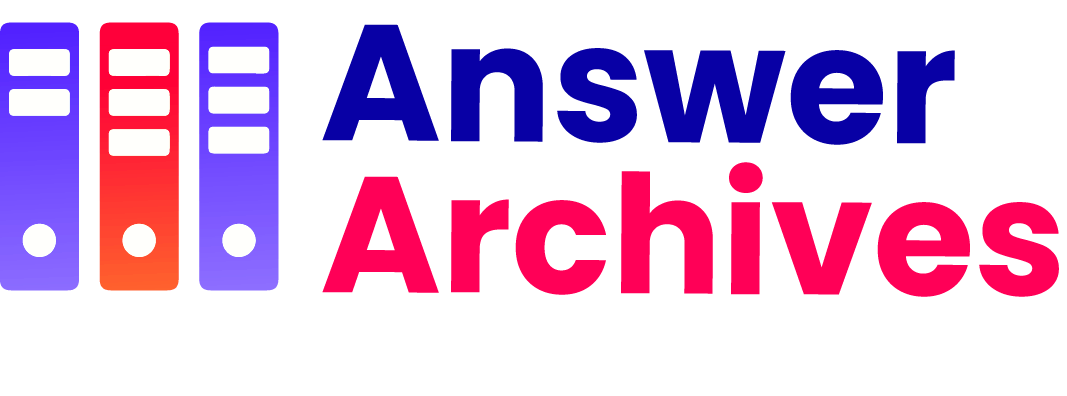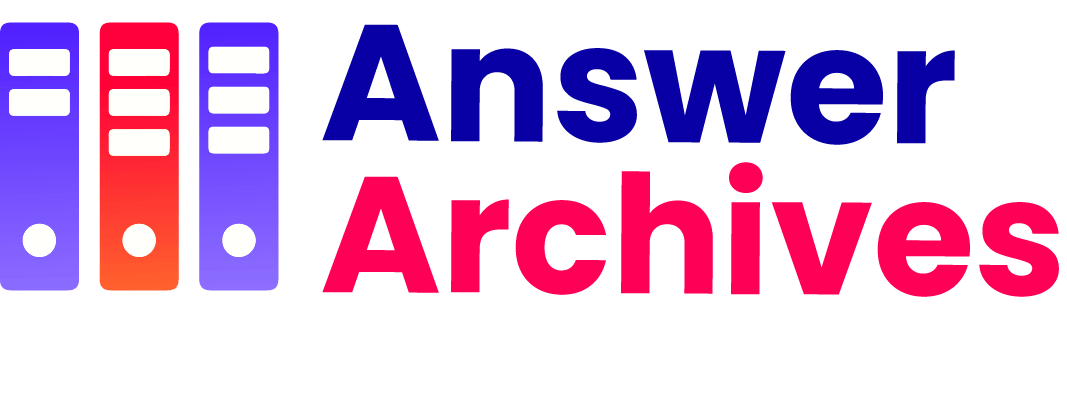Table of Contents
People&8217;s perspectives on and interactions with work are changing as a result of the freelance revolution. The definition of employment has greatly broadened due to technological advancements, giving professionals all over the world greater flexibility and freedom.
The Rise of Freelancing
Freelancing has exploded in the last ten years. Technology developments that make remote work easier are mostly to blame for this increase. In addition, many businesses are finding that using independent contractors for specific tasks is more affordable than maintaining full-time staff. Therefore, it is impossible to overestimate the effectiveness of websites like Upwork, Fiverr, and Freelancer in bridging the gap between opportunity and talent. Freelancing is becoming a viable career option for people from a variety of fields, such as writing, graphic design, coding, and consulting. Freelancing is more common than ever, and this trend suggests a paradigm shift in the labor market.

Flexibility and Autonomy
The freedom that comes with freelancing is among the main factors that draw people to it. Strict schedules and little autonomy are typical of traditional 9–5 work. Freelancers, on the other hand, are free to choose where and when they work. People can work on passion projects, travel while working, and better balance their personal and professional lives thanks to this independence. Most people find that having more freedom leads to higher levels of job satisfaction and productivity. Finding clients, financing work, and maintaining motivation are additional requirements for freedom, but these challenges are typically overcome by the benefits.
Varied Opportunities
Professionals now have access to a wide range of opportunities thanks to freelancing. Freelancers can now take on projects from all over the world and are no longer limited to local labor markets. This helps them gain a variety of experiences in addition to increasing their earning potential. For instance, a writer in India might work with clients in Australia, and a graphic designer in Spain might complete a project for a company in the US. Because of the variety of projects available, the freelancer can continuously improve their portfolio and skill set, making them more marketable and flexible.
Economic Impact
The freelance revolution has broad economic ramifications. Macroeconomically, it contributes significantly to the global economy by creating jobs and encouraging innovation. Small and medium-sized businesses (SMEs) typically benefit from the low-cost, high-quality services that freelancers provide. Both parties gain from the development of this mutualistic relationship. As long as they manage their work well, freelancers are likely to make more money on a micro level than regular employees. Furthermore, freelancing increases economic inclusion by providing opportunities for underrepresented groups that might not readily fit into mainstream employment.
Technological Advancements
A key component of the freelance revolution is technology. Collaboration outside of the office is now possible thanks to technologies like communications platforms, project management software, and cloud computing. These days, freelancers can communicate with clients in real time, monitor project progress, and exchange files with ease. Additionally, social networks and online portfolios give independent contractors a way to showcase their skills and attract clients from around the globe. Additionally, smart contracts and blockchain are paving the way for safer and more transparent transactions, which will boost trust in freelancing even more.

Problems and Solutions
Although freelancing has many benefits, there are drawbacks as well. Since employment is not always guaranteed, income volatility is one of the primary issues. Freelancers need to have a steady flow of clients and promote themselves all the time. There are also no retirement plans or healthcare benefits, which are typically provided by mainstream employers. Freelancers typically rely on their personal insurance policies, investments, and savings to offset these disadvantages. Additionally, networking forums and co-working spaces provide social support that helps independent contractors navigate the complexities of their career path.
Conclusion
The modern job market is undoubtedly being revolutionized by the freelance revolution. It promises unparalleled adaptability, a wide range of opportunities, and enormous economic clout. Although there are still difficulties, freelancing has grown easier and more feasible as a result of technological advancements. The freelance economy continues to grow in a way that benefits both individuals and the global economy by overcoming these obstacles with creative solutions. The future of work will become more dynamic and inclusive as more professionals and businesses use this platform. In addition to confirming the changing nature of work, this development highlights the necessity of adaptability in the rapidly changing world of today. In essence, freelancing is a significant movement that is transforming the way we live and work, not just a passing fad.


